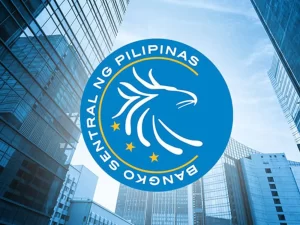
THE Philippines’ inflation rate continued its downward trend for the second consecutive month, reaching 1.8% in March 2025.
This marks the slowest inflation rate in nearly five years, a significant drop from the 2.1% recorded in February and the 1.6% seen in May 2020. The year-to-date inflation rate stands at 2.2%, comfortably within the government’s target range of 2% to 4% for 2025.
Key Factors Contributing to the Deceleration
The deceleration is primarily attributed to the easing of prices in several key sectors:
- Food and Non-Alcoholic Beverages: This sector, contributing 50.2% to the overall inflation decline, saw a slower price increase of 2.2% compared to 2.6% in February. This easing was driven by lower prices of cereals and cereal products (-5.2%, with rice experiencing a -7.7% contraction), and a slight moderation in meat prices (8.2% from 8.8% month-on-month).
- Transport: The transport index contributed a 27% share to the headline rate, showing a stronger contraction of -1.1% compared to -0.2% in February. This improvement resulted from larger reductions in gasoline (-7.5% from -4.7%) and diesel (-5% from -3.4%).
- Restaurants and Accommodation Services: This sector, with a 16% share in the downtrend, saw inflation slow to 2.3% from 2.8%.
Other commodity groups also experienced slower annual increases, including clothing and footwear, furnishings, household equipment, health, and recreation.
Top Contributors to March 2025 Inflation
Despite the overall decline, some commodities continued to experience price increases:
- Meat of pigs (10.8%)
- Restaurants, cafes, and similar establishments (2.3%)
- Meat of poultry (10.9%)
- Rentals (1.7%)
- Other pelagic fish (6.3%)
Government Response and Outlook
National Economic and Development Authority (NEDA) Secretary Arsenio Balisacan attributed the continued decline in inflation to the government’s proactive measures to stabilize prices. While acknowledging the easing inflation and its alignment with the target range, Secretary Balisacan emphasized the government’s commitment to monitoring potential risks, including anticipated electricity rate hikes and higher prices of fish and meat, and implementing timely interventions as needed.



